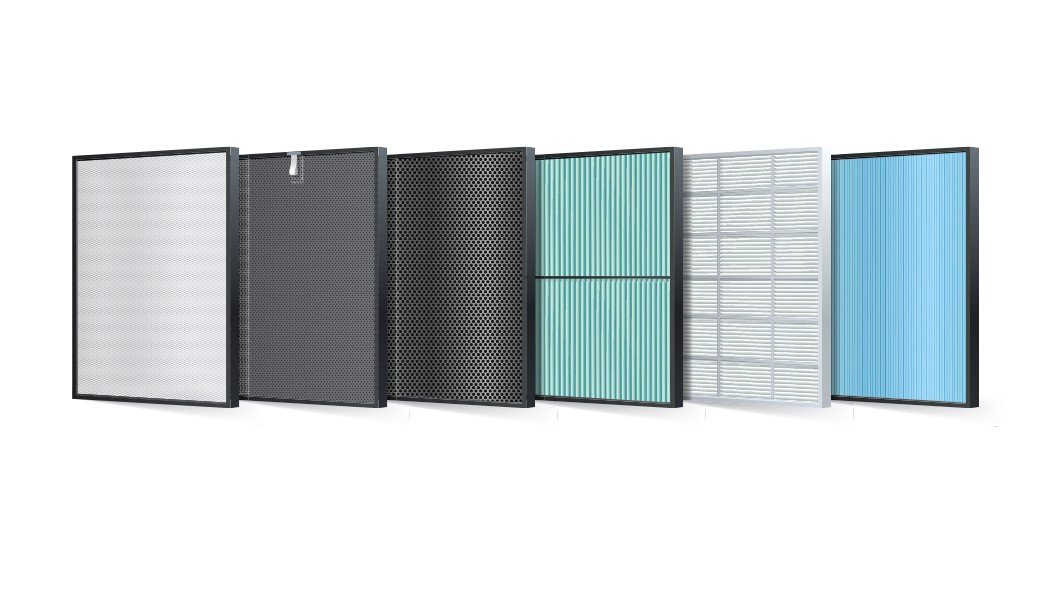Clean water filters play a crucial role in ensuring that the water you drink is safe and free from contaminants. Over time, filters can become less effective as they collect impurities, which is why knowing how often to replace water filter is essential for maintaining the quality of your drinking water. Regular filter replacement not only enhances taste but also protects your health by reducing exposure to harmful substances.
Water filters are designed to remove various contaminants such as bacteria, chlorine, and heavy metals. When these filters become clogged or worn out, they can no longer perform their job effectively. This is where the importance of replacing your filters at the right intervals comes into play. Failure to do so can lead to a decrease in water quality, making your drinking water less palatable and potentially harmful.
In addition to health benefits, keeping your water filters fresh can also be economical. Using ineffective filters may result in the need for more frequent filter replacements or even damage to your water filtration system. By understanding how often to replace water filter based on manufacturer recommendations or water usage, you can ensure your system operates efficiently and extends its lifespan.
Lastly, fresh water filters contribute to environmental sustainability. Many filters are made from materials that decompose over time, and by replacing them as needed, you help minimize unnecessary waste. Remember that your commitment to clean water not only benefits you but also the environment and the community as a whole.
Signs Your Filter Needs Replacement
When it comes to maintaining the quality of your drinking water, paying attention to your filter is crucial. Filters can accumulate impurities over time, leading to less effective water purification. Here are some signs that your filter needs replacement to ensure you’re drinking the freshest water possible.
One of the most noticeable signs is a change in water taste or odor. If your water begins to taste stale or smells off, it could mean that your filter is saturated with contaminants and no longer doing its job. Another indicator is a change in water flow. If you notice that your water is trickling rather than flowing smoothly, this may suggest that the filter is clogged and requires replacement.
Pay attention to any visible discoloration in your water as well. If you see cloudiness or unexpected particles, it’s time to check your filter. Additionally, be aware of the manufacturer's guidelines for your filter type. Most filters come with recommendations on how often to replace water filter; sticking to these timelines can help maintain the effectiveness of your system.
Lastly, if you find your filter has been in use for longer than its suggested lifespan, it is wise to change it out. Regular replacements will not just keep your water fresh but also prolong the life of your filtration system. Keeping an eye on these signs will help you enjoy clean, refreshing water every day.
How Often to Replace Filters
When it comes to keeping your water fresh, one of the most important factors is knowing how often to replace water filter elements. Filters work hard to remove impurities and contaminants, so regular replacement is crucial for maintaining water quality. Depending on the type of filter you use, the replacement schedule can vary.
Most household water filters, such as those used in pitchers or faucet attachments, should typically be replaced every 2 to 3 months. However, this can also depend on usage. If your household consumes a lot of water, you might need to change the filter more frequently. For instance, if you notice a change in water taste or flow rate, it may be time to check and replace the filter.
Under-sink and whole-house systems often have longer intervals, usually between 6 months to a year. Always remember to refer to the manufacturer's guidelines for specific recommendations. By keeping track of when you last replaced your filter and setting reminders, you can ensure your water remains clean and safe to drink.
Ultimately, staying informed and proactive about how often to replace water filter systems not only enhances the quality of your drinking water but also extends the lifespan of your filtration system. Regular maintenance is key to ensuring that your water stays fresh and free from harmful substances.
Simple Steps for Filter Maintenance
Maintaining your water filter is crucial for ensuring that your drinking water stays fresh and clean. One of the first steps in filter maintenance is understanding how often to replace water filter. Most filters have a recommended lifespan, usually listed in the product instructions. For many household filters, this is typically every 6 months, but some advanced filters may last up to a year. Always check your filter’s paperwork for specific guidelines.
Next, it’s important to monitor the performance of your filter regularly. If you notice a change in taste, smell, or flow rate, it may be time to replace your filter even if it hasn’t reached the recommended timeframe. These changes can indicate that your filter is no longer working effectively. Keeping a log of when you install and replace your filters can help you stay on top of maintenance.
Lastly, remember to clean the filter system itself. Over time, sediment and buildup can affect filter performance. A quick rinse or wipe down of the housing can make a big difference. Depending on your filter model, some systems allow for easy access to clean or replace the filter without too much hassle. Taking these simple steps will not only extend the life of your filter but also ensure that you’re drinking the best quality water possible.
